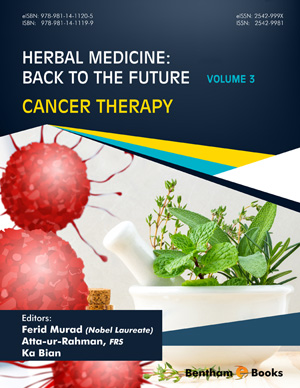Abstract
The traditional use of indirubin for the treatment of leukaemia has opened a vast field of research, studying the anti-tumor properties of indirubin and its derivatives (IRDs) against a wide range of malignancies. The cytotoxic effects of indirubin has been primarily attributed to its inhibitory function on a number of protein kinases, including cyclin-dependent kinases (CDKs), glycogen-synthase kinase 3 (GSK-3), and receptor tyrosine kinases (RTKs). In the past few decades, a lot of effort has been directed to the chemical modification of indirubin’s backbone towards better pharamcokinetic properties. This has led to the synthesis of various derivatives with new biological activities. We here review from the discovery of indirubin to the development of novel IRDs, and highlight the recent progress on how indirubins influence multiple cancer-associated signaling networks, leading to anti-proliferative and pro-apoptotic effects. Furthermore, we discuss the therapeutic use of indirubins in anti-cancer settings, as well as their potential for future clinical application.
Keywords: Casein Kinases (CKs), Cyclin Dependent Kinase (CDK), Indirubin, Indirubin Derivative (IRD), Insulin-Like Growth Factor Receptor (IGFR), Glycogen Synthase Kinase (GSK), Nuclear Factor-kB (NF-kB), Receptor Tyrosine Kinase (RTK), Transforming Growth Factor β (TGFβ), Ubiquitin- Specific Proteases (USPs).






















